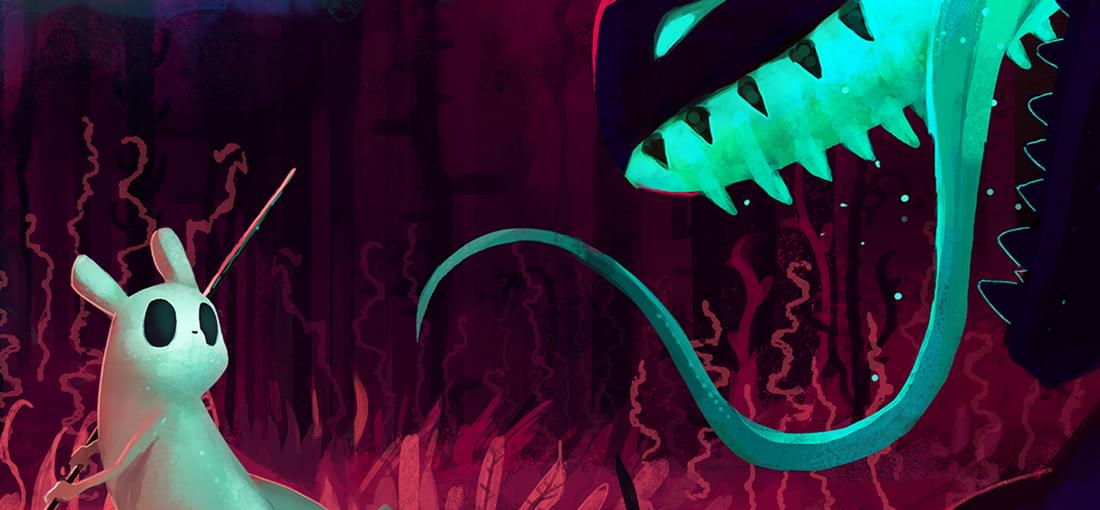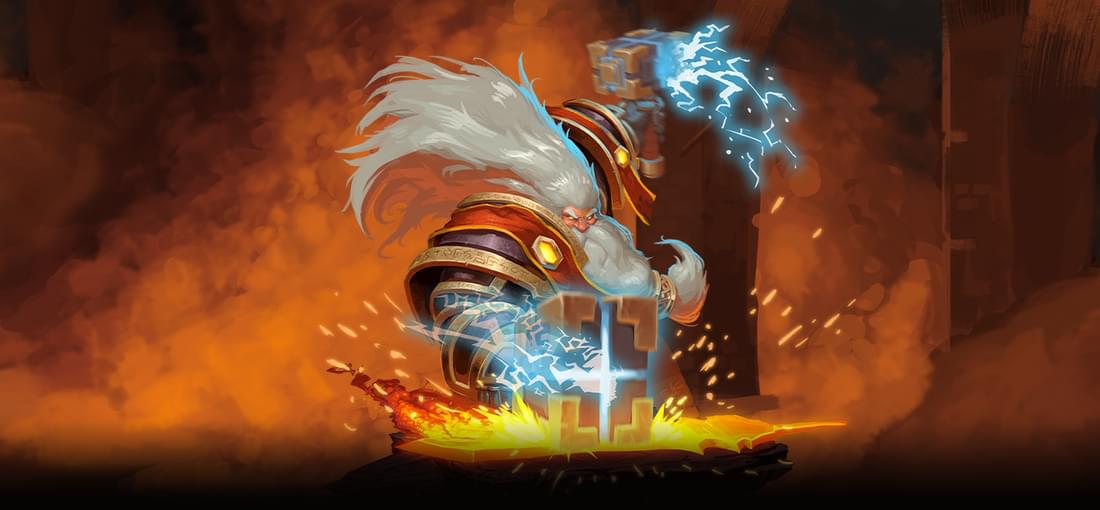


Development for Rain World started with a prototype. In the prototype, you had to survive for 120 seconds while other wildlife hunted you. The difficulty was set so that surviving those two minutes was difficult but plausible, and easy for someone who played a lot of it. They then took this prototype, and without changing any of the balancing or controls made a ~2000h narrative masterpiece, and punished the player for dying. The phrase"git gud" doesn't quite do it justice, since the whole idea of the game is to be an uncompromising ecology simulator on top of all this, which means some times you are just plain unlucky and cannot do anything to save yourself, and then you get punished for it. It is my belief that if a game takes something from you because of failure, forcing you to play longer in order to recoup losses, it is automatically garbage. Rain World does this, and so the gameplay, to me, is garbage. (I realise even people who have never played it already hate me already because that's how that works but wait) And yet, it is an absolute cinematic masterpiece. If it didn't punish you for trying to experience it, it could very well have achieved widespread recognition as the greatest piece of video game art in history. This is what makes it so difficult. The story is far and away the greatest out of any game I have ever seen, yet I will never experience it myself, and even if I did, I would not appreciate it due to that experience being mixed with "decision optimisation", exploits and exasperation. Even with mods to disable the punishments (karma), it is still far too difficult and disjointed to fully appreciate the art of its story and atmosphere. If you played it or not, either way, look for a video recounting the story. It will make you cry among other things, but it will put you in awe most of all; that someone somewhere had the creative genius to bring forth something like this. Rating: story +100/5, movement tech +3/5, gameplay design -101/5

The game looks great, and the world is interesting, but the actual things you do in the game are >80% menial tasks with no genuine depth or strategy. The good parts of the game are: 1. building and mining 2. settlement planning The bad parts of the game are literally everything else. You want to upgrade your 8 dwarves' equipment? Sure, click on each one.. then select the right item.. for each of the 6 slots. Want to upgrade their living quarters? No problem, just click on each one.. then change tab, click on the upgrade, click on confirm.. for all ~12 upgrades, most of which you can't queue up until the previous upgrades have been built. This is what you will spend 80% or more of your time doing, and the rest of the time is spent flailing around with the worst combat I have ever seen in any game in my life, where you can't even tell your dwarves to group up before attacking so they all run in one by one and get battered. I think to summarize, it's as if the developers just kept adding features in an attempt to ignore the glaring flaw that is not actually developing the main game loop. There are tons of features, but no fleshing out of the core attraction of the game. Complexity does not equal content. More tasks to do does not make the game have depth. There is no strategy when there is only one reasonable way to play. Your typical RTS has infinitely more depth, despite having near zero customization and feature complexity. That is because a typical RTS knows what it is, stays in its lane and does one thing well. Hammerting didn't. People say it's abandoned, but I see the opposite problem: I think they tried way too hard, in the wrong direction. I have immense respect for the skill in implementing all these things, it's just a shame that skill was not adequately directed toward improving the core features of building, combat and civil planning. If that were the focus of development, it would likely have been a 10/10.